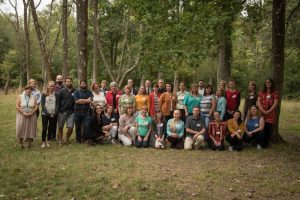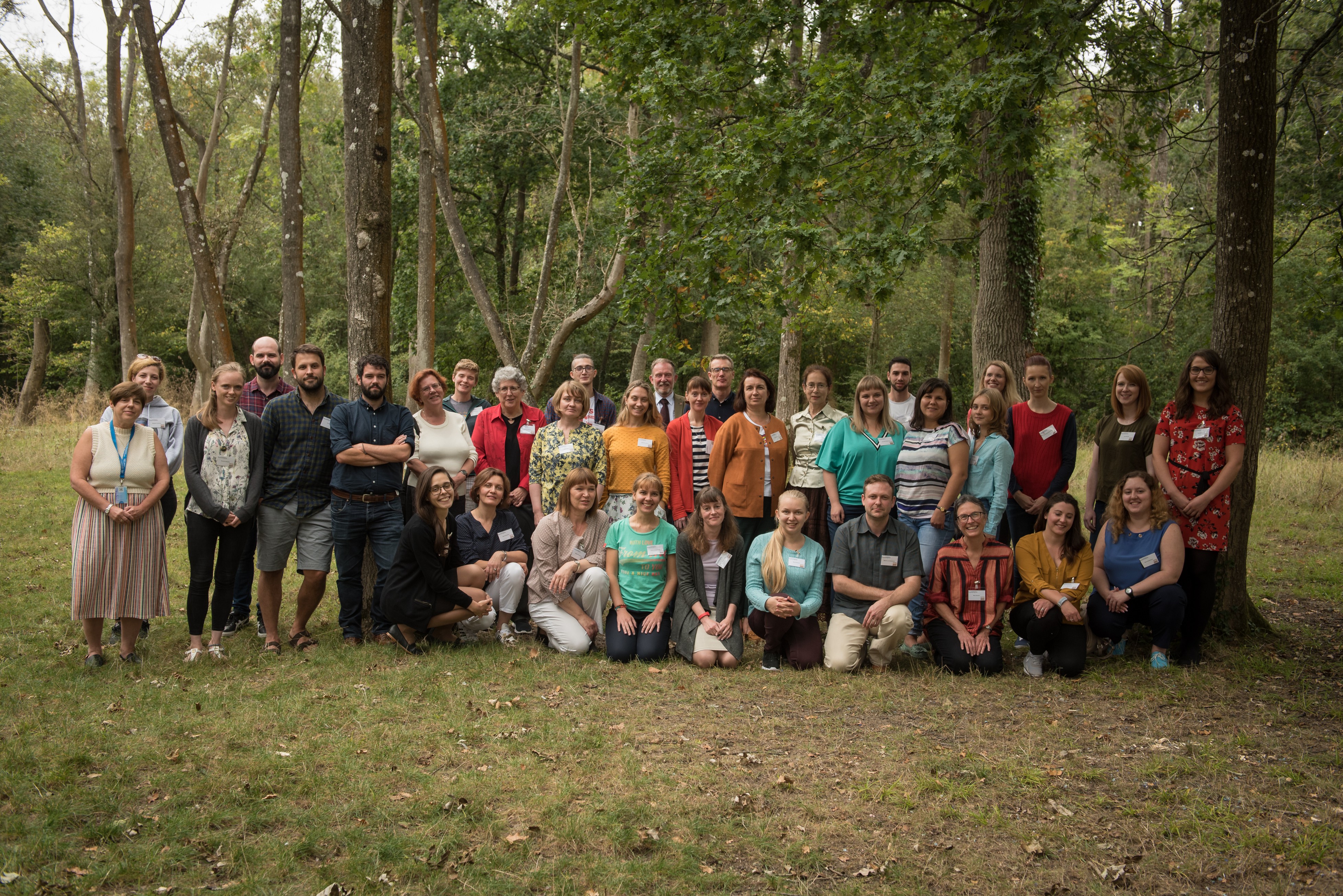Global change in the Anthropocene knows no political boundaries. We need to understand environmental dynamics on regional to global scales, to understand the implications of global change for the future of ecosystems and societies around the world. This requires free sharing and availability of environmental datasets across borders, and exposure to a variety of experts in global change with unique knowledge of particular regions. As there is often a dire need for paleo datasets to provide long term context to modern environmental changes, international collaboration may allow for the centralization of such data sources that otherwise would not be exploited by paleoenvironmental studies.
The DIMA workshop, which I attended on 16 September 2019 and hosted by the University of Southampton was a great example of such much needed international research collaboration. DIMA is a collaborative effort amongst Russian and UK research institutions which hopes to advance the understanding of long-term environmental change. The workshop was aimed at early career researchers (ECR’s) such as myself, intended to inspire much needed research into environmental change in the Northern high latitudes. This is extremely important to understand, due to the vast carbon stores that exist in Siberian peatlands, which are currently experiencing rapid climate warming.
The workshop gave an overview of Siberian vegetation and fire shifts over previous millenia, current limitations to global fire models, and methods for quantifying past biomass burning using charcoal. I learned of the existence of paleofire datasets from Siberia, a rare commodity in paleofire research, which may be most useful to my own work. The workshop was also an opportunity to make contact with experts in Siberian paleo environmental change, which may be a starting point for future collaborative research. The knowledge that was shared at the workshop can go a long way to improve the current understanding of how northern environments may respond to current and future shifts in climate.
 The DIMA workshop attendees, Including many Russian and UK Early Career Researchers.
The DIMA workshop attendees, Including many Russian and UK Early Career Researchers.

